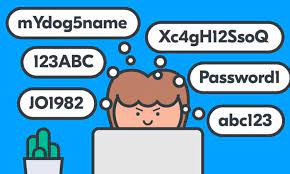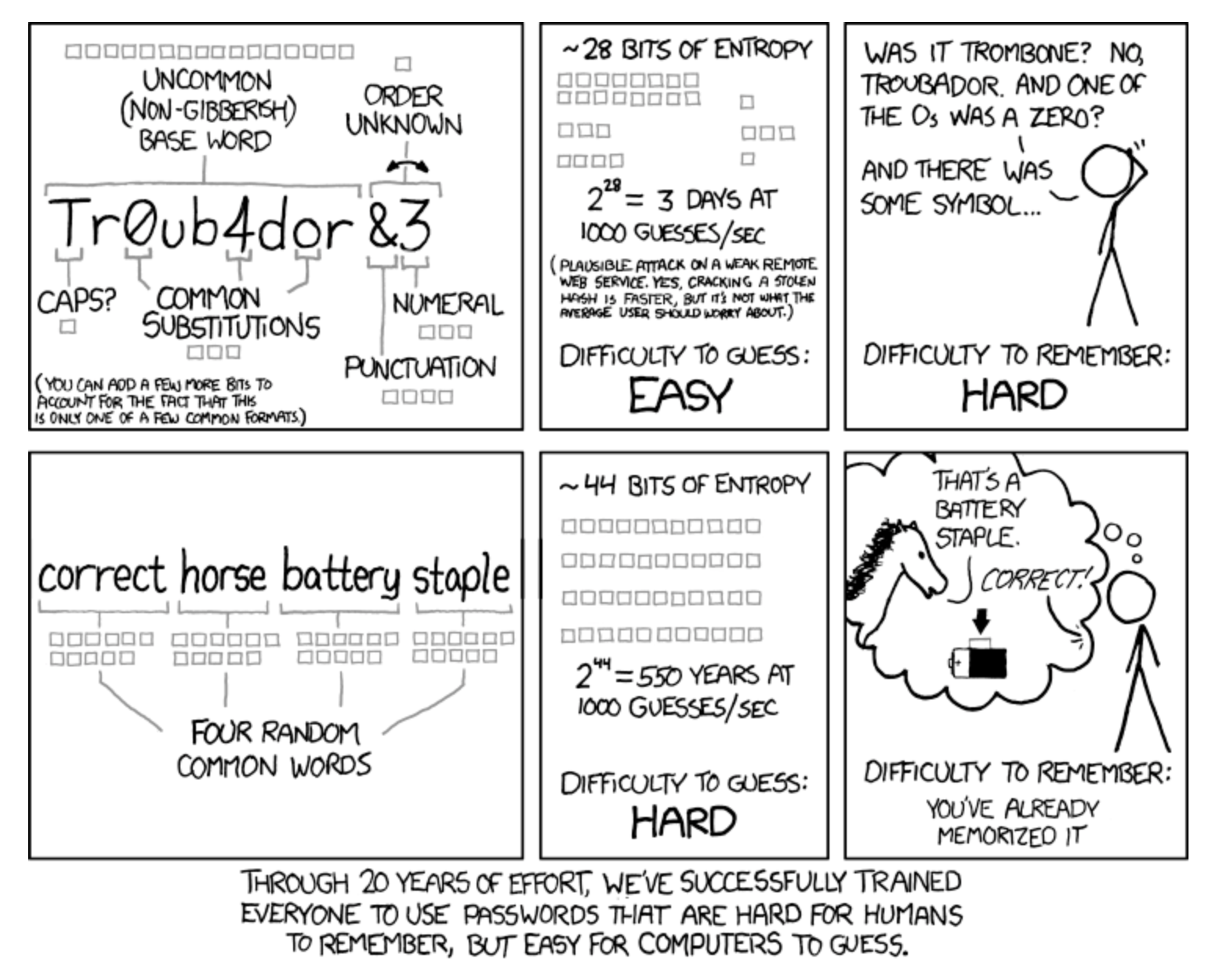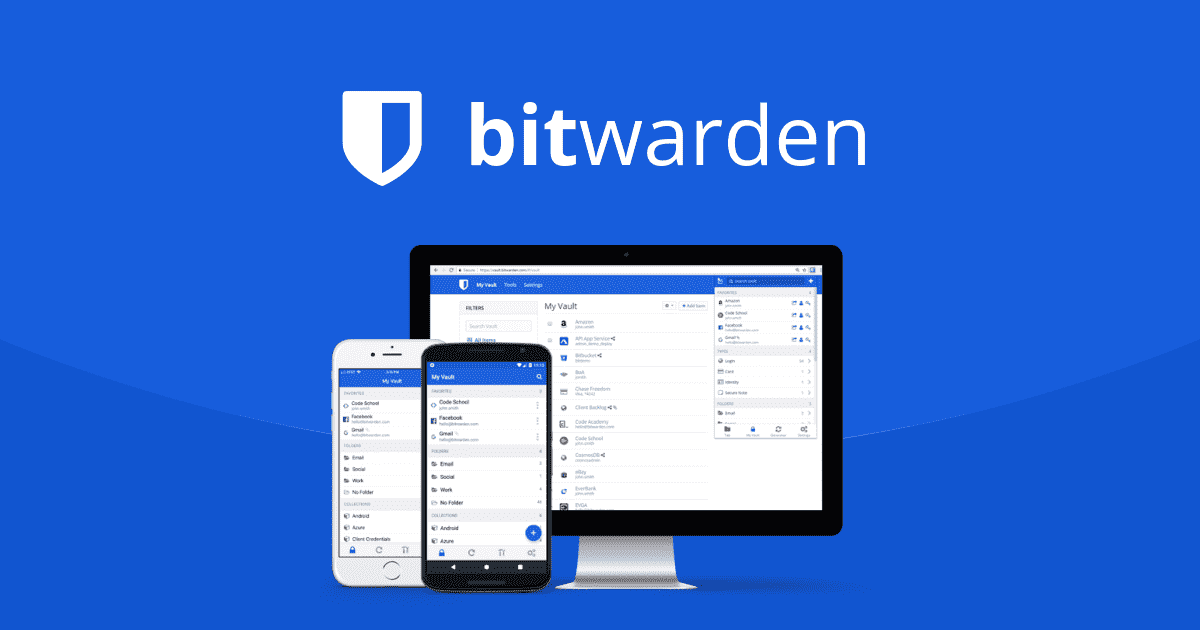Why is it important to have a good password?
Strong passwords are of the utmost importance. They protect your electronic accounts and devices from unauthorized access, keeping your sensitive personal information safe. The more complex the password, the more protected your information will be from cyber threats and hackers. So how can you make sure the passwords you use don’t jeopardize your security? Here are some tips on creating a secure password that can help safeguard your information. The information is then used to access important accounts and can result in identity theft and financial loss.



